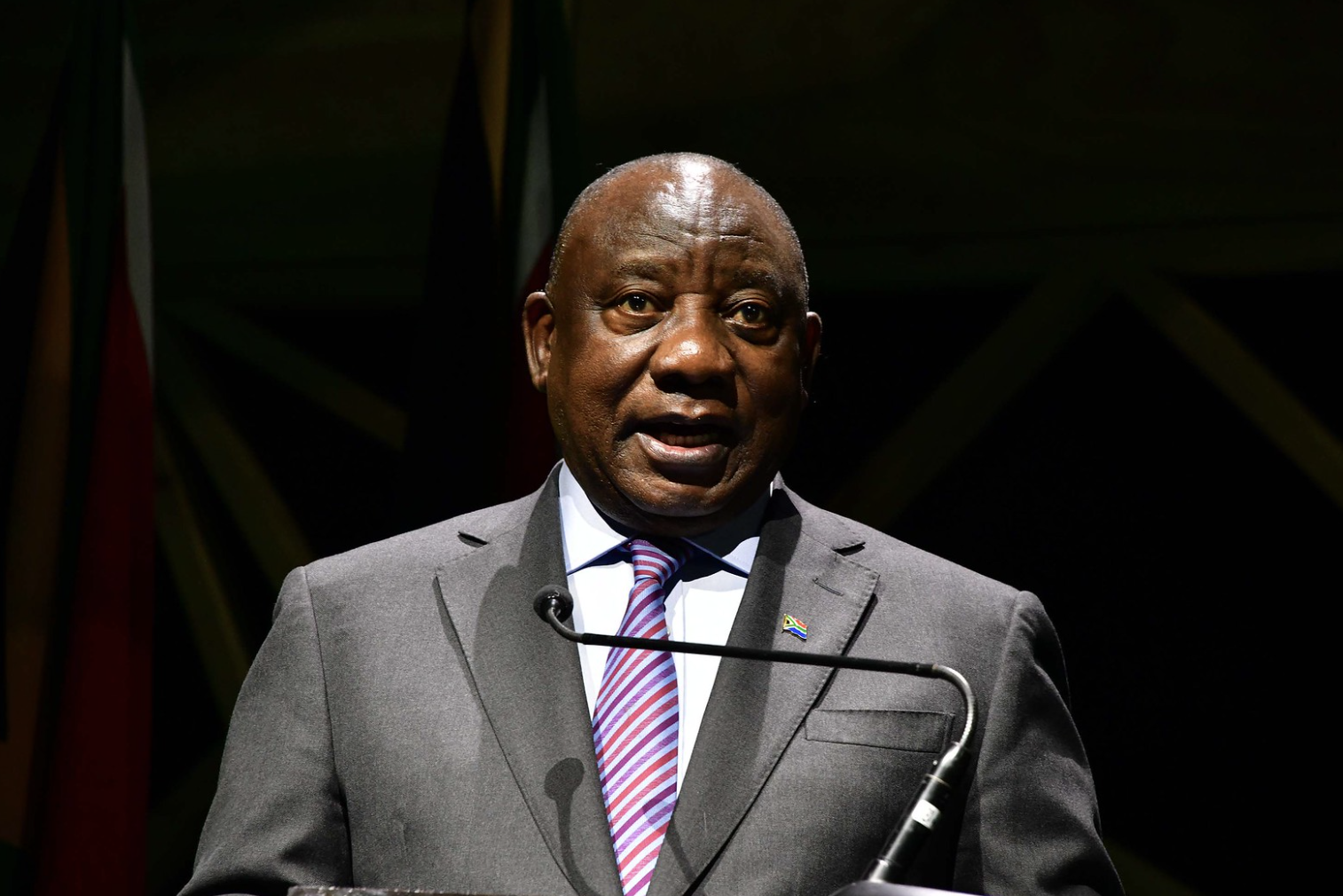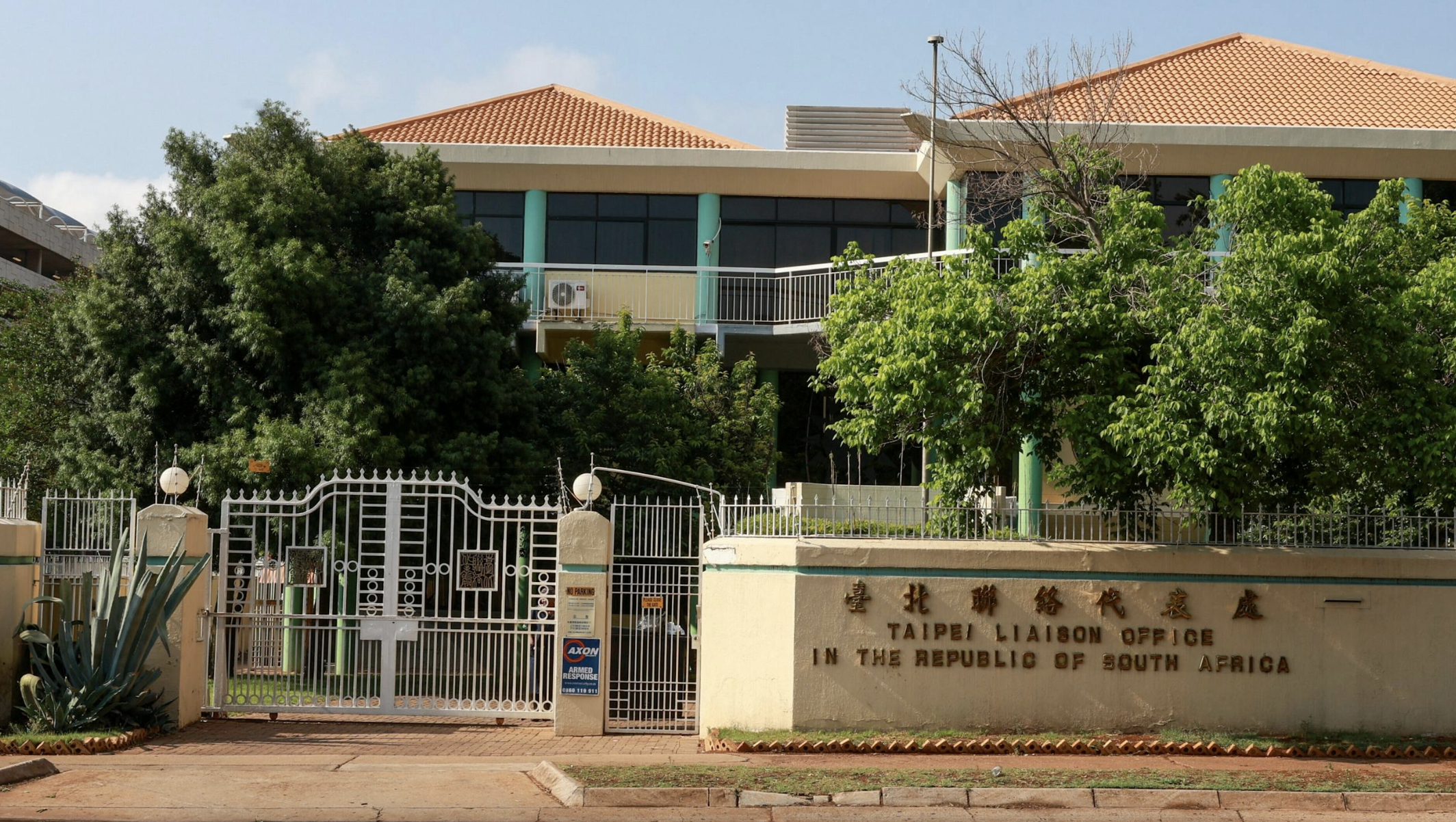News
The ANC Denies the Shift of Political Gravity, Imperiling the Country
At the heart of the GNU’s dysfunction lies a simple sleight of political hand and a misinterpretation of the desire of the constitution. There is a fundamental difference between an administration being voted back into office to continue with its programme and a new administration being elected because the public want change.

Research Director, The Brenthurst Foundation

Director, The Brenthurst Foundation

The ANC, unable to escape the gravity of its liberation movement past, continues to act as though it is the sole representative of the people. This is no longer the case.
The GNU is not a continuation of the old ANC administration, it is a new administration which came into being after unchecked ANC rule was rejected by voters in the May 2024 election. It came about following negotiations with opposition parties and included compromises on the composition of the executive and other senior positions.
The ANC, using the bully pulpit, is acting as if the GNU is a continuation of its rule and President Cyril Ramaphosa is signing into law legislation that that has passed its sell-by date.
While procedural matters must, of course, enjoy continuity, the same cannot be said for large and controversial pieces of legislation.
While the ANC was able to pass these laws – the infamous ‘Bela’ legislation, the NHI and, more recently, the expropriation law – with a majority in the old Parliament, it is hard to believe that the present parliament, where it enjoys only 40% of the seats, would do the same if its partners in the GNU voted with their conscience.
Yet, President Ramaphosa is proceeding to sign all of the old legislation into law as if it remains ‘the will of the people’. Nothing could be further from the truth.
All of this legislation ought to have been returned to Parliament to discover whether or not it still enjoyed the support of the majority before being signed into law. There’s a case for an ambitious constitutional lawyer in this somewhere.
The constitution clearly states in section 43 that “In the Republic, the legislative authority of the national sphere of government is vested in Parliament”. By this it can surely only mean the Parliament which is currently sitting and not a past Parliament which may have voted differently.
The act of signing a bill into law, which is undertaken by the President, is merely the culmination of this process of legislation and ought to enjoy the support of the present legislature, not the echo of support from a past Parliament.
Section 79 of the Constitution outlines the President’s duties: “The President must either assent to and sign a Bill passed in terms of this Chapter or, if the President has reservations about the constitutionality of the Bill, refer it back to the National Assembly for reconsideration.”
But the Constitution appears not to have foreseen the possibility that a president might continue in office in a coalition after losing an electoral majority, a reasonable assumption given that few political careers survive such a reversal of fortune.
The ANC, for its part, remains a Messianic ‘liberation movement’, believing that it is the only social force capable of leading society because of its leading role in the fight against apartheid.
The voters have tired of this and made their choice in an election, but the ANC has chosen to ignore this and to forge ahead as if it is the sole governing party, calling all the shots and implementing laws passed back when it had a majority.
Perhaps out of sheer relief that it was entering into a pact with parties of the centre – something which our research showed most South Africans wanted – the ANC has been given a free pass and has been allowed to proceed down this road.
Rather than hold the Presidency in check, an exhausted public has gone back to living its best life, and the commentariat, now mostly ANC-leaning, has gone back to taking pot-shots at the opposition and suspending its disbelief. Rather than keeping the ANC honest, the DA and others within the GNU have defended the government’s policy and procedural misdemeanors. At the very least they should have kept quiet and insulated themselves against contamination by hanging the ANC out to dry and letting the liberation movement defend its own actions.
All of this is fragile as Ramaphosa enters the final act of his Presidency determined to prove that he is a struggle hero and not a sellout to business, passing populist legislation and embracing crowd-pleasing causes from afar. The hard job of governing, actually delivering a better life by improving employment, infrastructure and safety is not being done with the needed urgency.
‘The People Shall Govern’ is an ANC mantra. Let’s start with Parliament.
This article originally appeared on PoliticsWeb


